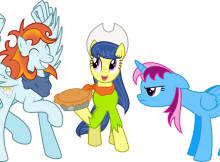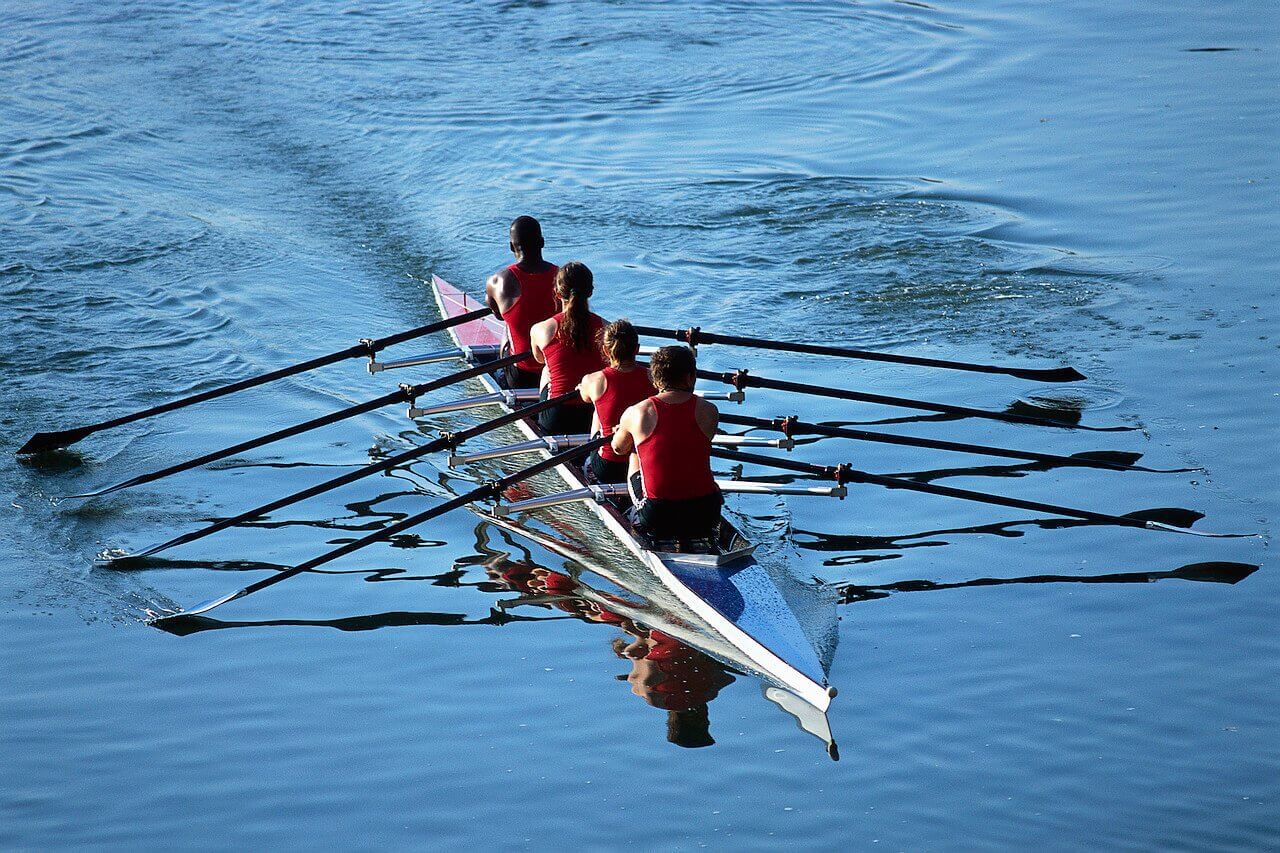At the core of any team are individuals who ?interact independently in order to accomplish mission goals?. Each individual brings characteristics that influence the ability of the team to reach its task-related goal, in addition to characteristics that can both enhance and detract from the team?s internal states and processes?in other words, characteristics that influence how the individuals will work together as a team. Team performance is dependent on the individual capabilities of team members and how those members interact with each other.
Researchers concur that; team selection should consider two critical questions:
- Are the skills required for the team?s task represented in the selected members ?
- Do the selected team members posses the skills necessary for effective collaboration and interaction among them?
Traditionally team members get selected by matching individual demographic characteristics (training, rank, experience) to generically functional roles and known project requirements. Team composition should reflect the full range of performance requirements mandated by both the team task itself and the collaborative quality of teamwork needed by the project.
You May Also Like To Read:?Tips To Create a Sense of Oneness Within Your Team
Therefore, project parameters that are likely to influence team selection and composition must be identified before choosing individual members of the team. Team member selection should focus initially on selecting a potential membership pool based first on task skills and then on teamwork skills and not the other way around. Knowing one another and familiarity is no good, if the task cannot be completed as per specification.
Identify what needs to be accomplished
When choosing individuals to staff a team, the goal is to simulate high output by the team. Task parameters associated with the emerging projects are likely to influence the need for various personnel capabilities in teams; for example, change management project may require greater emphasis on certain communication skills, or an assignment that has very tight deadline for completion may require greater familiarity among team members. Thus, the specification of skills, particularly task- specific and team-specific competencies, need, to be driven clearly by the qualitative nature of the task.
Select team members based on what?s needed
The goal of this step is to identify a possible pool of team members based on the task skills needed for team effectiveness. Task skills refer to the individual capabilities that enhance one?s ability to act effectively in broadly defined performance task domains Accordingly; such skills are ?trans-portable? across teams and performance domains. Different team members have different levels of different skills, but the team, as a whole would possess all required task skills.
In addition to this one needs to look at teamwork skills, teamwork skills refer to the capabilities to work effectively in any generic team environment, regardless of the task. The possession of these skills should be a second factor to weigh when considering individuals for team membership. Teamwork skills reflect fundamental requirements for collaboration and integrated action on team tasks.
Orchestrate the team performance
Once the potential mix of experts has been identified for each team, the final step is to optimize those teams by considering members? teamwork skills and other attributes that will contribute to high caliber functioning. Your role as a manager is to continuously reinforce the belief that together they can accomplish the specific tasks necessary for successful performance.










